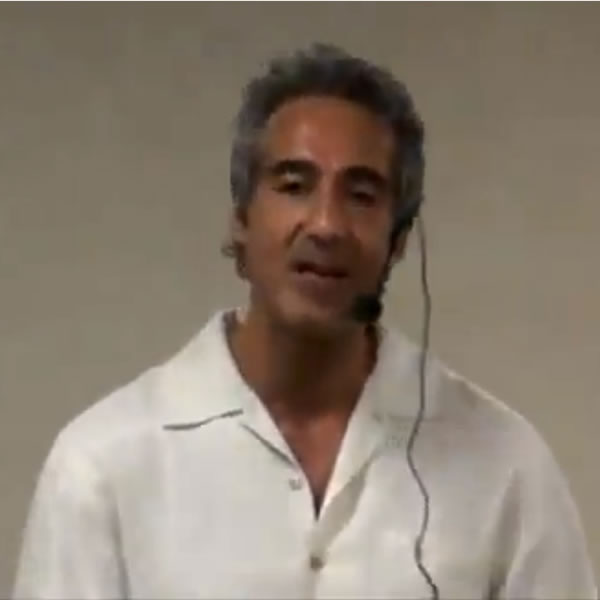By Ben Fuchs | Pharmacist Ben
One of the most underappreciated aspects of skincare involves its relationship to the mind, emotions and the skin. Technically called “psychodermatology” this aspect of cutaneous health is being recognized more and more as a fundamental, if underappreciated cause of dermatological diseases. Psychodermatology recognizes that the skin, the brain, and the body’s defense (immune) system that deals with survival threats (real or imagined), are in reality three parts of one system. That means that if you are dealing with acne, psoriasis, eczema, vitiligo or any other skin heath issue, you should consider looking at it as the result of a real or imagined survival threat. By far the most important sources of these threats are not actual. They are mental and emotional. In other words, in the majority of threatening situations, our survival is not actually at risk, we simply “believe” it is! However, while these threats may only exist as thoughts and feelings they can and do manifest themselves as real physical effects such as itching and rashes (eczema), inflammation (psoriasis), oiliness (acne), and changes in pigmentation (melasma).

By Ruth Ellison (Flickr), via Wikimedia Commons
If you go to a doctor, his management options according to the medical journal “American Family Physician” include “…psychotropic medication, stress management courses, and referral to a psychiatrist.” No surprise there. As always, the medical model focuses on symptoms and not the causes. But, not only are these particular interventions not necessary for effectively addressing dermatological reactions associated with mental and emotional health, you don’t need a doctor at all to deal with a skin condition caused by an activated stress management system. Aside from the avoiding of physical stress systems triggers like food allergens and topical irritants, reduction and elimination of psychological triggers is your best skin health strategy for eliminating psychodermatological reactions.
When obsessive troublesome thoughts hit, don’t believe them! And, don’t resist them. After all they’re not truths, they’re not even false! They are in actuality nothing more than a neural flux that forever flows and ebbs. Ultimately, despite the apparent vividness of the stories they tell, thoughts and their associated emotions are the result of sodium and potassium ions flowing across nerve cell membranes. Nothing more, nothing less. Simply watch as they appear, and then disappear. Also, recognize that there is a huge difference between thought ‘watching” and thought “thinking”. Rather than thinking thoughts, watch them as they inevitably and endlessly rise and fall. Just watch. Then notice how feelings immediately follow the thoughts, and watch those as well.
The stress survival response can be neutralized by an equally potent relaxation response. Learning to activate this relaxation system is the most helpful technique for withstanding and overriding the stress response. The body is a system and when it is stresses it is stressed as a system. And, when it relaxes it relaxes as a system. When any one part of the relaxation system is activated the entire body goes into relaxation mode and the stress response is suppressed all over the body. For example, simply by lightly touching an area of the skin, such as the palms of the hand or the soles of the feet, you can activate a bodywide, systemic relaxation response. Closing your eyes and turning them upwards toward the center of your forehead can accomplish the same global effect. Likewise with listening and focusing on the heartbeat.
Watching thoughts and emotions also tends to activate the relaxation nervous system. In fact, any neutral watching will turn on this system. That’s why we like TV and movies so much. We relax when we naturally observe. The same phenomena can be exploited via watching thoughts and feelings. Another one of the most powerful ways to activate the relaxation nervous system is to practice deep breathing techniques. Slow deep into the belly expanding of the abdominal muscles on the inhale and a long powerful exhale (slowly and gently exhaling the lungs out as much as you can, as you pull your belly in). The relaxation response is activated by the exhale, so spend a little more time on the exhale than the inhale.










